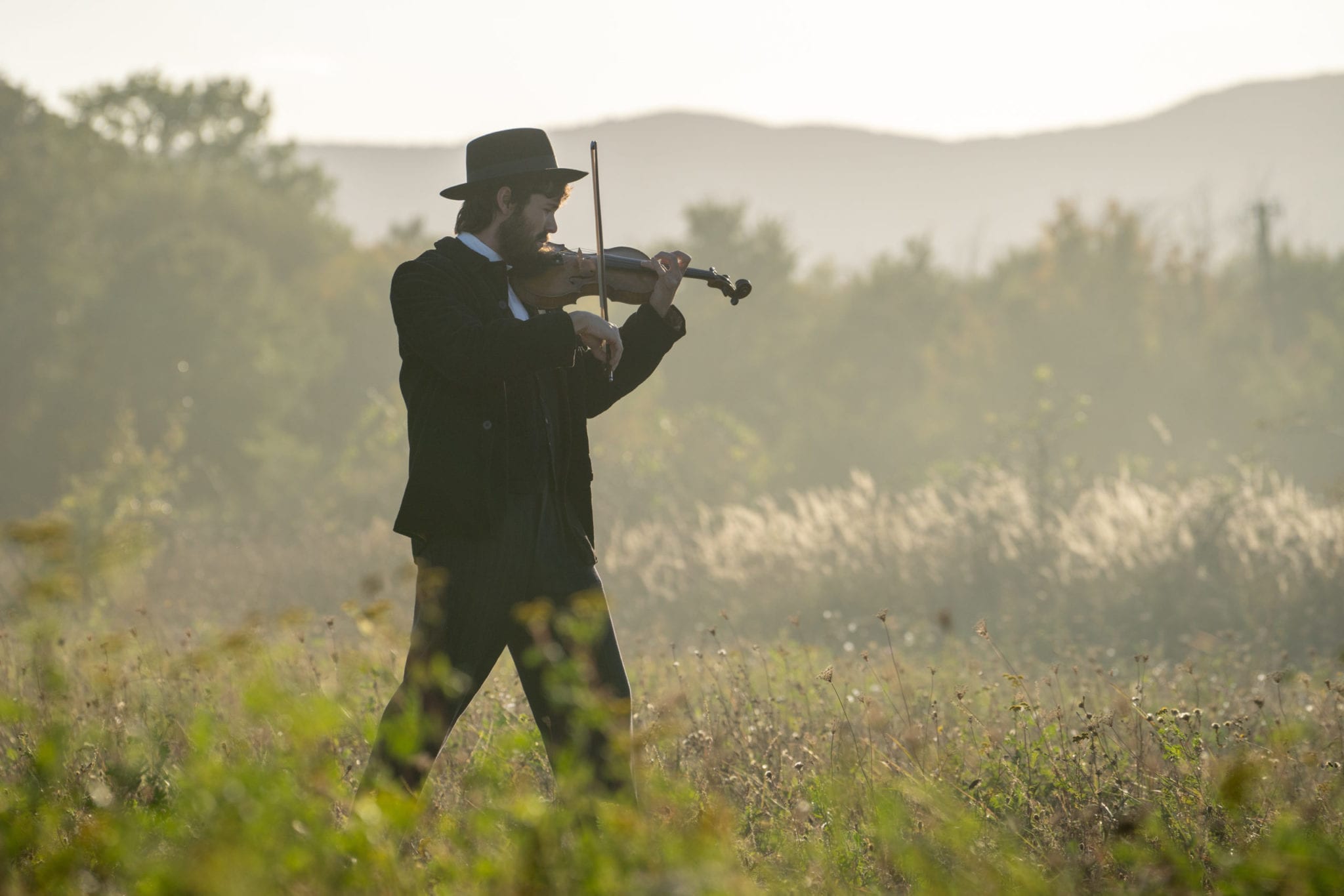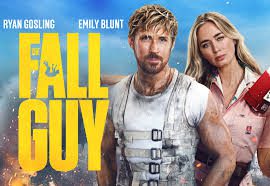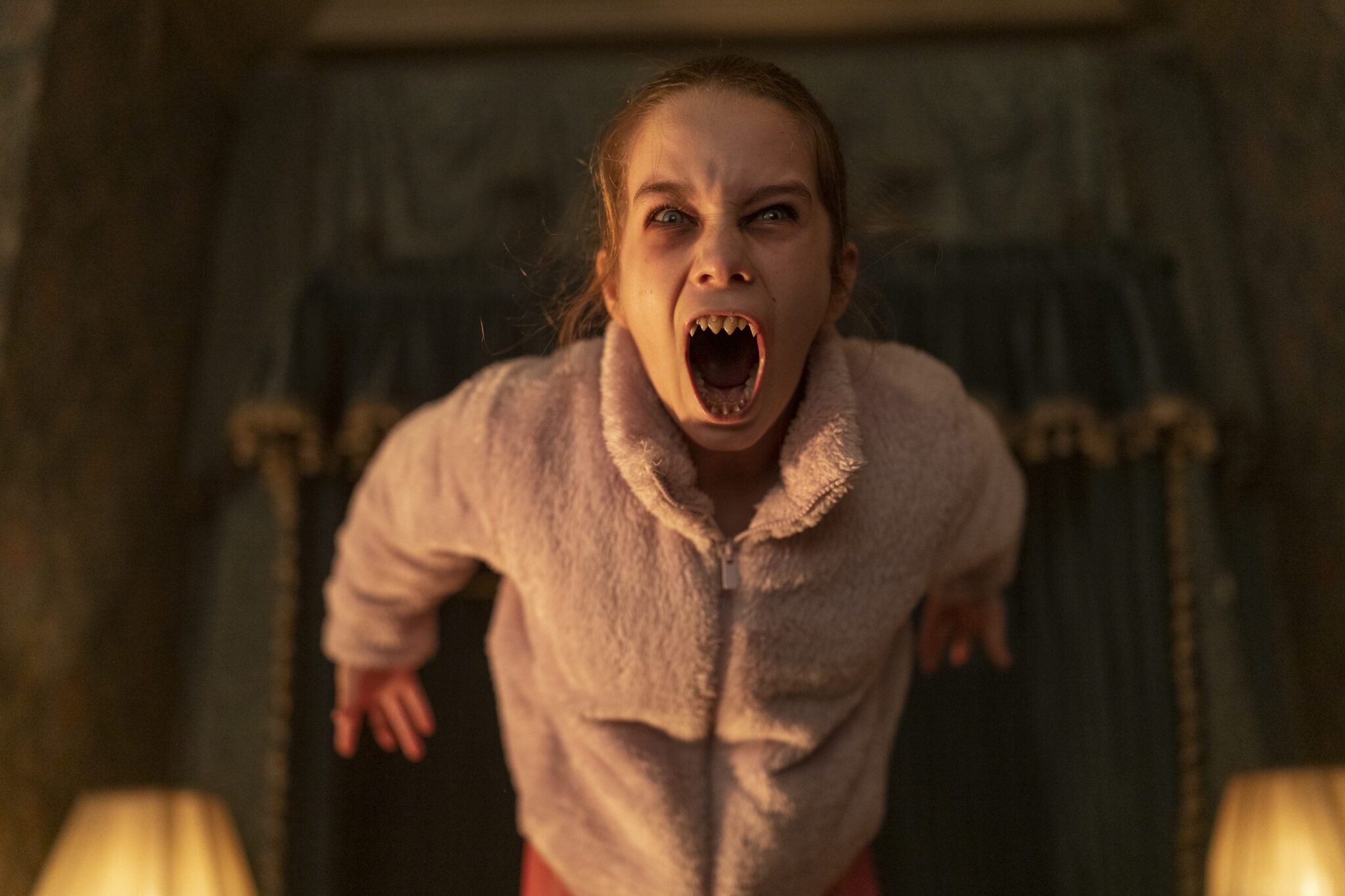I recently had the opportunity to speak by phone with Fran?ois Girard, director of The Song of Names. The film is the story of Dovidl, a Jewish violin prodigy, who is fostered by a British family during World War II, and his foster brother Martin. Dovidl disappears on the eve of his premiere concert. Many years later Martin gets a hint that Dovidl is still alive and sets off on a journey to find him. The story moves back and forth through time to reveal the story of these two brothers and their losses.

Your films are often designed around history and how that shapes our lives today. What has drawn you to such stories?
Isn?t cinema drawn into history or time travel, at least? I think this is one great prerogative of filmmaking, to escape the immediacy of the present time and go visit the past or visit the future. But in any case, I think it?s probably due to that, the privilege of filmmaking, but also I would also throw a little bit of personal curiosity in there?I live history and I love approaching and studying different cultures and understanding different cultures. And in times like today we need a lot of that.
Dovidl says religion is like a coat that you can put on or take off. How would you characterize the role religion plays within the film?
I think at the core of the film there is?in the case of the Jewish culture there is always a discussion to be made on the differences of religion and ethnicity. In the scene that you?re mentioning, that?s precisely the point I was making, you are born Jewish, you can?t take off that coat. I?m born Catholic, and I did take off that coat, but I will remain a Quebecer for the rest of my life. That?s the nuance that both Dovidl in the film and Norman Lebrecht, the author of the book on which the film is based, are making. I think it?s the core observation, the core argument the film revolves around.
You were allowed to shoot a bit of this film at Treblinka. What did that mean for you?
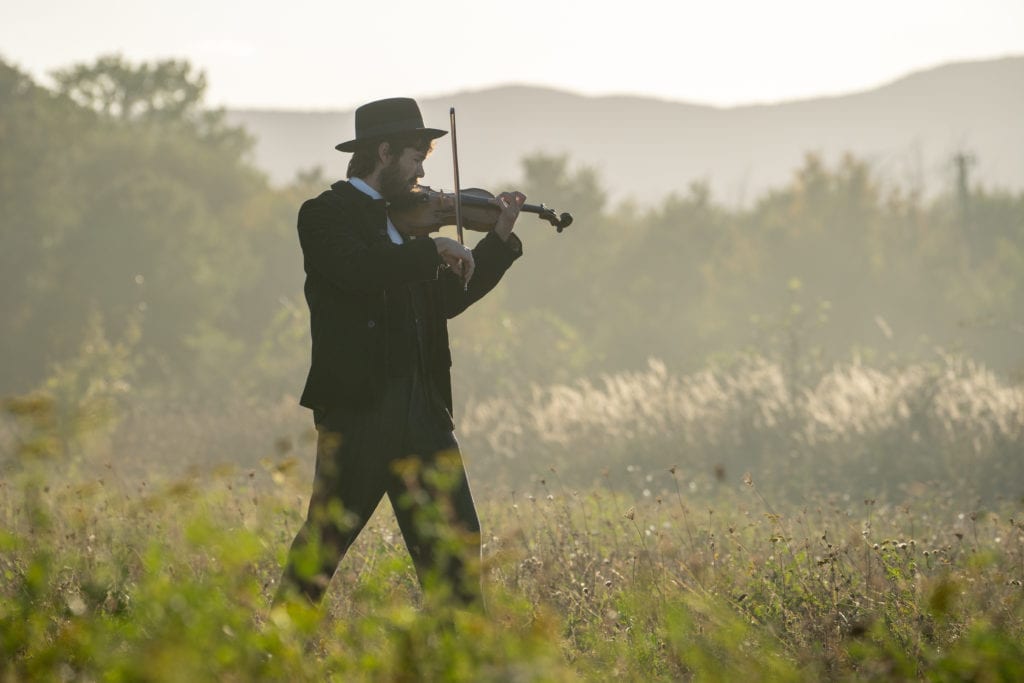
I?ll give you the short version of that answer. That was a tremendous experience in the sense that?. That scene existed in the book, existed in the script, like the characters have to go there. In the travels of The Song of Names, we played a lot of tricks. But as we were approaching the principal photography whenever we were discussing that scene, I declined to discuss it. I didn?t know how to do it. I knew that I had to visit it first before I said anything. Then I went there. We took a plane from Budapest, then we visited the Treblinka Memorial. Going backward, I was resenting that visit quite a lot because I had done months of research on the film and in the days prior I?d seen more films and documentaries and read more books with horrible descriptions of really what happened there. So I was resenting my visit. I arrived there and it was sort of an extraordinary day, because all I saw was darkness on my way there. It was two hours away from Warsaw and that was a torturous two hours. But when I arrived there there were 200 kids all dressed in white, flying kites, playing guitar, eating picnic lunches, and singing. I found the exact opposite of what I was fearing?a great manifestation of life, not death, but life. That was a shock. Then we stayed there for three hours walking around, not saying a word, lying in the grass, thinking, meditating. The scene you see in the film is pretty much what happened to me. I came back and got with [screenwriter] Jeffrey Caine and rewrote the scene in light of that experience. Beside the movie making aspect of my personal experience, all of those camps, Holocaust and even beyond Holocaust, there are traces of those horrors all around the world, but Treblinka, even among the Holocaust camps? no one slept there. It was just like a killing machine, engineered to take 30,000 lives a day. It?s brutal, but at the same time I found light in the presence of those young, probably Israelis, young pilgrims who were there to celebrate life.
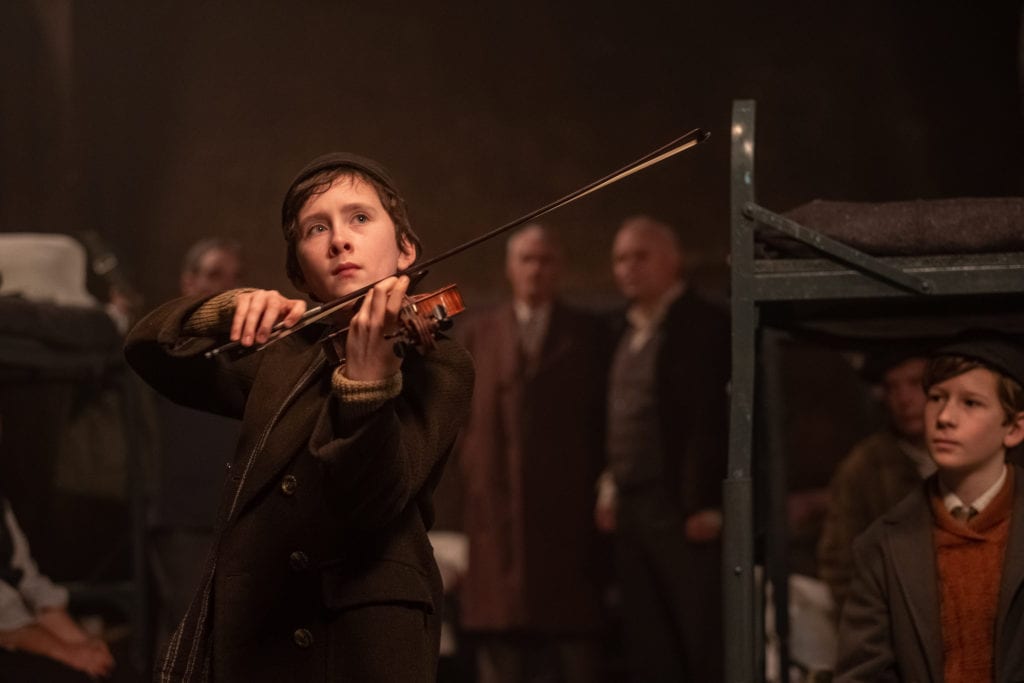
In the film, Dovidl and Martin both struggle with not knowing the truth about their loss. Does the truth really set them free, or does is just bring more pain?
That?s exactly the kind of questions that Dovidl asks himself. In the face of those questions and those answers, Martin is actually putting a pretty tough trial on Dovidl and judges him, then seeks his own answers. That?s at the core of the film, the propulsion. The narrative is driven by what happened. What happened at the time of the concert and what doesn?t happen. Then you go on to the why and to understand why that concert didn?t happen you have to understand what happened in Poland. It?s a journey for the audience and it?s a journey for the characters. It?s about peeling layers of clouds and veils and finding the truth in the middle of it. That?s the very point of the film.
The Song of Names is available on demand now.
For our review of the film, click here.

